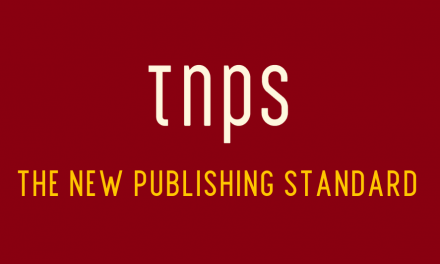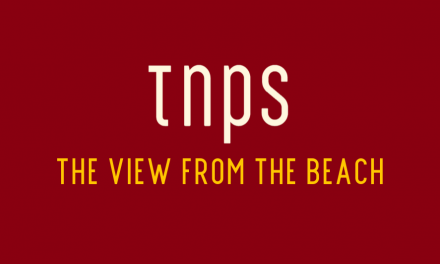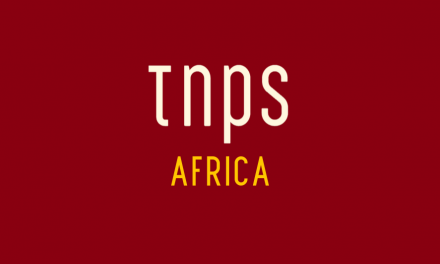AI narration of audiobooks, while understandably initially perceived as a threat, can actually offer several benefits to human narrators, if they are willing to embrace the opportunity unfolding.
Amazon-owned Audible is launching a beta test of Maven, an AI-powered search feature designed to enhance audiobook discovery by responding to natural language queries.
Maven aims to provide tailored recommendations based on users’ specific tastes and preferences. For instance, users can, per the press release, request an “uplifting fiction novel with a female protagonist” or “fantasy audiobooks suitable for an 8-hour road trip.”
Andy Tsao, Audible’s Chief Product and Analytics Officer, explained that Maven is part of Audible’s ongoing innovation efforts to simplify the search for the next favourite listen.
That’s Zon-speak for we’re rushing like hell to keep up with Spotify, which back in April launched personalised AI playlists consumers build using prompts.
Additionally, Audible is using AI to create “reviews at a glance” and is testing AI-curated collections on niche topics. While Maven is in beta, it will be available to fifty percent of US customers across all membership plans, covering a subset of the catalogue to gather insights on user engagement and preferences.
It remains to be seen how much this AI-assisted personalisation will drive Audible-owned content to the top of the charts and how much the recommendations will reflect paid advertising on Amazon..
As of May 2024, according to Bloomberg, over 40,000 AI-narrated titles have been added to Audible. The number could be substantially higher by now.
This influx of AI-generated audiobooks has sparked mixed reactions among authors and listeners, with some appreciating the new revenue streams and cheaper audiobooks, while others are concerned about the impact on human narrators.
But how much of this pushback is actually based on reasoned analysis rather than knee-jerk Luddite reactivity?
AI narration of audiobooks, while understandably initially perceived as a threat, can actually offer several benefits to human narrators, if they are willing to embrace the opportunity unfolding. Here’s six examples to keep the Luddite wolves at bay, but the list could no doubt be expanded further if I wasn’t rushing to complete this post before the next power outage.
Voice-licensing opportunities: Human narrators can license their voices to AI companies, allowing their unique vocal qualities to be used in AI-generated audiobooks. This can create a new revenue stream without the need for continuous recording.
Increased demand for high-quality narration: This may seem counterintuitive, but actually as AI narration becomes more common, there will inevitably be a greater appreciation for the nuances and emotional depth that human narrators bring to audiobooks. This could lead to a higher demand for premium, human-narrated content.
The downside here, of course, being that human narrators that have not yet perfected their art and rely on doing the job “cheaply” may lose out. But hey, no-one said authors, narrators and translators have jobs for life. Professionals understand that, and that ls why they strive to always keep at the top of their game.
Focus on creative and complex projects: AI can be trusted to handle straightforward or repetitive narration tasks, freeing human narrators to focus on more creative and complex projects that require a human touch, such as character-driven stories or emotionally intense scenes.
Enhanced productivity: AI tools can assist human narrators by automating parts of the production process, such as editing and post-production, allowing narrators to produce more content in less time.
Global reach and accessibility: AI narration can help make audiobooks available in multiple languages and dialects, broadening the audience. Human narrators can collaborate with AI to ensure accurate and culturally sensitive translations. (This area especially seems to be one in which competent narrators can carve a lucrative niche.)
Training and development: AI can be used as a training tool for aspiring narrators, providing instant feedback and helping them improve their skills more efficiently.
By embracing the emergent AI technology, human narrators can, contrary to the Luddite narrative of imminent doomsday, find new opportunities and enhance their careers in the fast-evolving audiobook industry.
This post first appeared in the TNPS LinkedIn newsletter.





